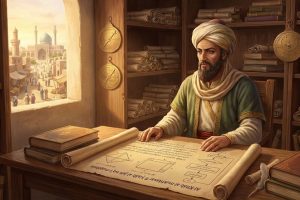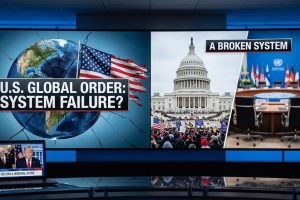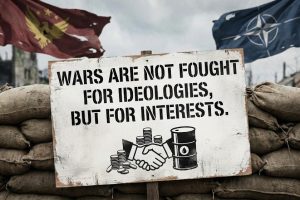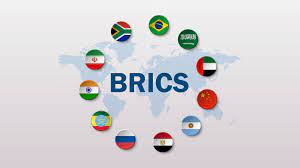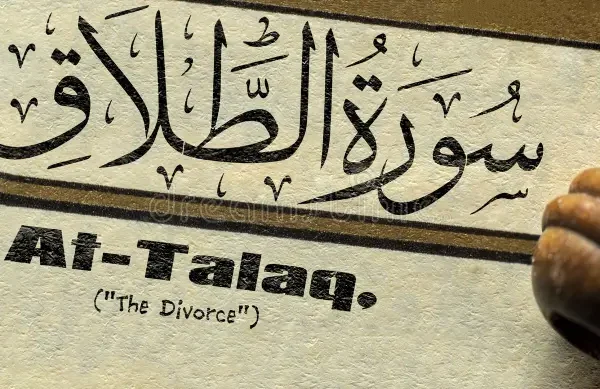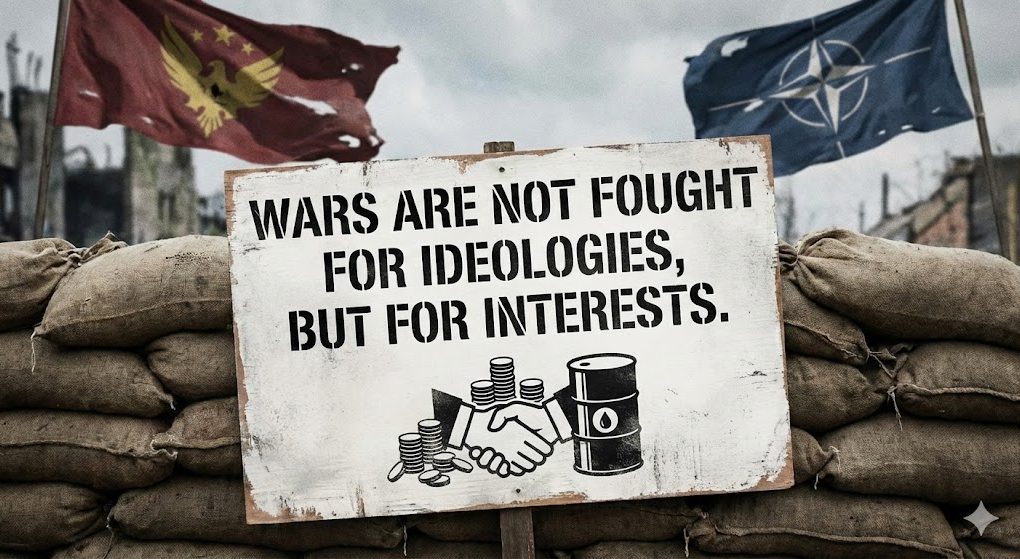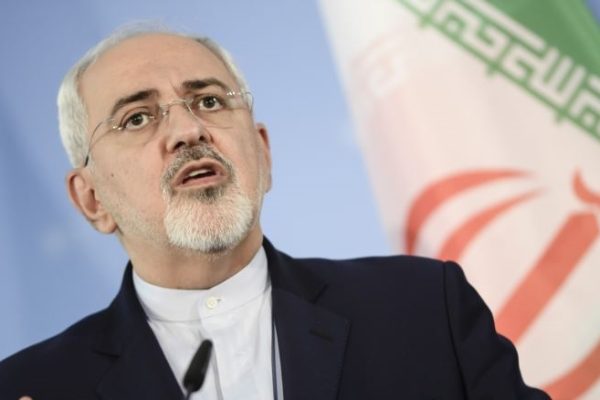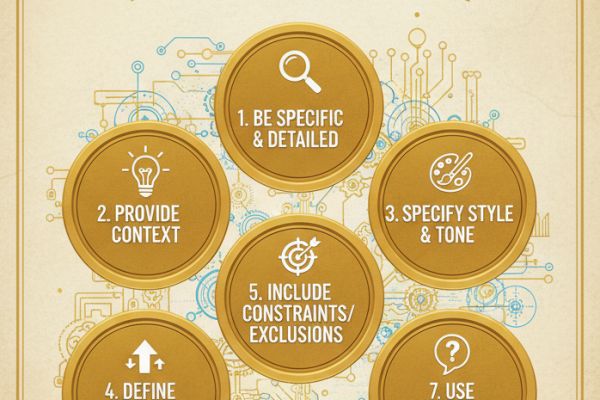

Hype and Fraud in India: How Aspiration, Insecurity, and Scale Created a Parallel Economy of Illusions
India is not merely experiencing isolated scams or occasional frauds. It is witnessing the rise of an entire ecosystem where hype replaces trust, speed replaces verification, and aspiration is routinely monetized through illusion. From startups and influencers to politics, spirituality, education, and finance, this article examines how hype and fraud function as a systemic pattern in Indian society — why they flourish, who enables them, and what this reveals about a nation under extreme aspirational pressure.
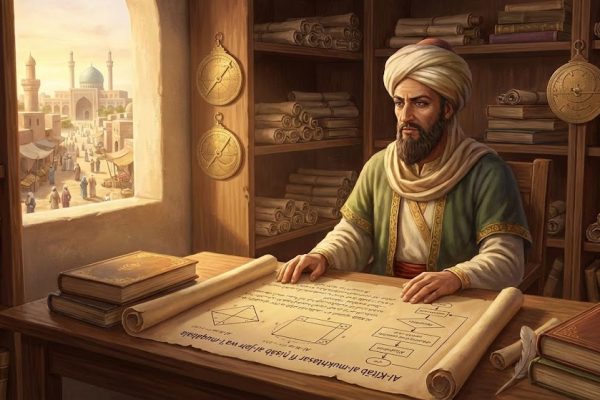
Muhammad ibn Musa al-Khwarizmi: The Muslim Genius Who Invented Algebra and Algorithms
Explore the life and legacy of Al-Khwarizmi, the Muslim scholar who created algebra, algorithms, and the numerical foundations of modern science.
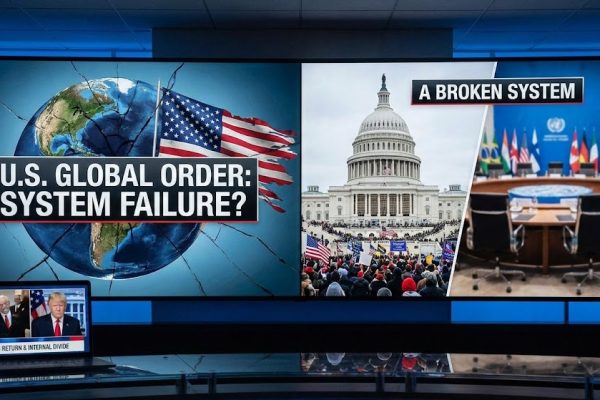
Is the U.S.-Led Global Order Breaking Down? Trump, Internal American Conflict, and the End of a System That No Longer Works
A clear, in-depth conversation explaining why the post–Cold War U.S.-led global order is weakening, how America’s internal divisions reflect systemic failure, whether Trump’s policies accelerate decline or delay it, and who is losing or gaining as the old system unravels.

Emotional Escape in China: How a Meaning Crisis Is Reshaping Chinese Society and Its Youth
China’s extraordinary economic rise has created stability, efficiency, and global power — yet beneath this success lies a quiet crisis. As traditional belief systems fade and collective meaning weakens, millions turn to entertainment, drama, fantasy, and digital immersion as emotional escape. This in-depth article examines why emotional escape dominates Chinese society, when it fails, what can replace it without religious language, and how meaningful conversations can realistically begin in China today.
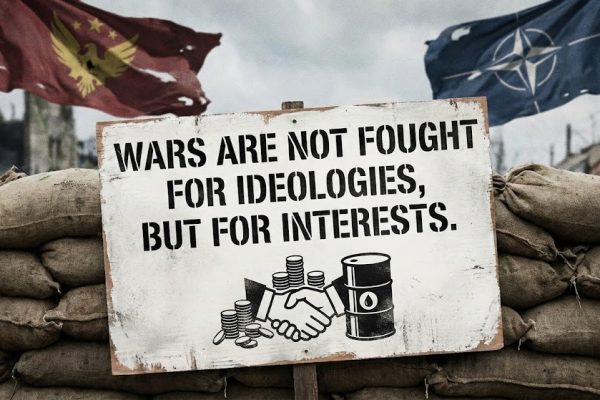
Wars Are Not Fought for Ideologies but for Interests | A Deep Political Analysis
Wars are often justified in the name of ideology, freedom, or democracy—but the real causes lie in economic, strategic, and geopolitical interests. This in-depth political analysis exposes the hidden power structures behind modern warfare.

Why WhatsApp Business Sessions Fail to Auto-Delete After Multiple Logout Attempts: Technical Limitations, Agent-Based Architectures, and Practical Solutions for Developers
This article explains why WhatsApp Business sessions stop auto-unlinking after multiple deletion attempts, even when using libraries like Baileys. It provides a clear comparison between WhatsApp and WhatsApp Business behavior, explains backend limitations, and presents production-grade solutions for students and developers building WhatsApp automation systems.
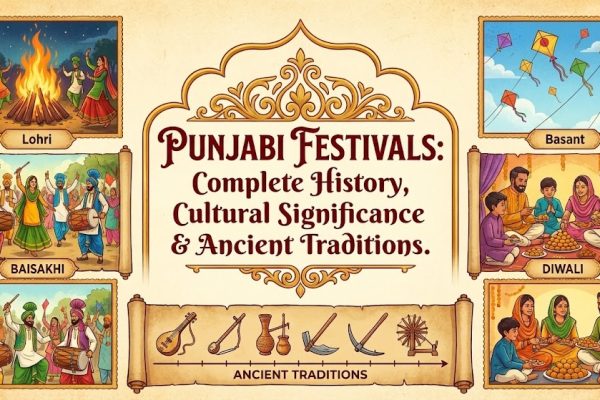
Punjabi Festivals: Complete History, Cultural Significance & Ancient Traditions
Explore the complete history of Punjabi festivals, from ancient agrarian traditions to Sikh and folk celebrations. Discover the cultural, seasonal, and spiritual significance of Lohri, Baisakhi, Maghi, Hola Mohalla, Teeyan, and other Punjabi festivals in this detailed guide.
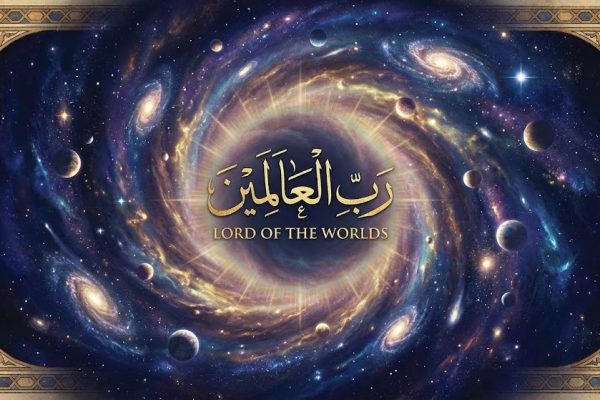
Creation of the Universe in the Qur’an and Modern Science: Understanding Rabb al-‘Ālamīn
An academic exploration of the creation of the universe through Qur’anic verses and modern scientific evidence, examining the Big Bang, cosmic order, human purpose, and the concept of Rabb al-‘Ālamīn while clearly distinguishing guidance from science.
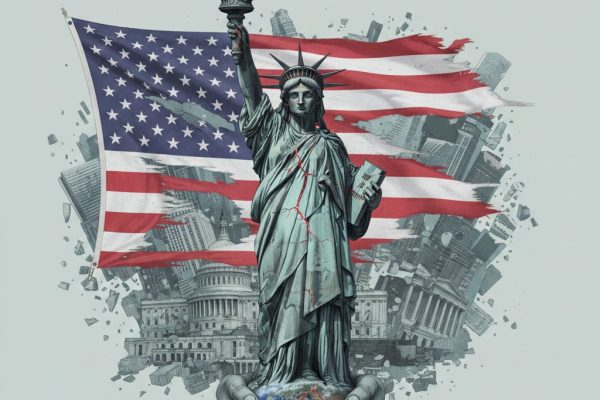
Is the United States Drifting Toward Internal Fracture? How Polarization, Institutional Breakdown, and Global Overreach Are Reshaping America
A deep geopolitical and structural analysis of whether the United States is moving toward internal fracture, exploring political polarization, institutional legitimacy, soft secession, and how global overreach feeds domestic instability.









